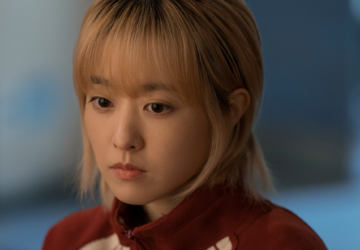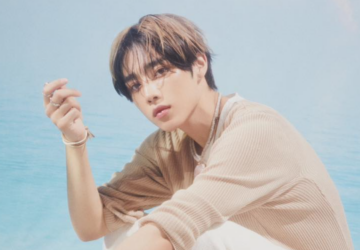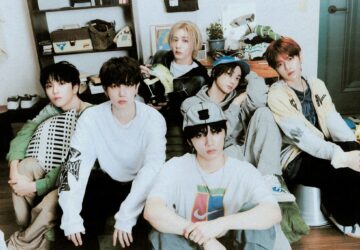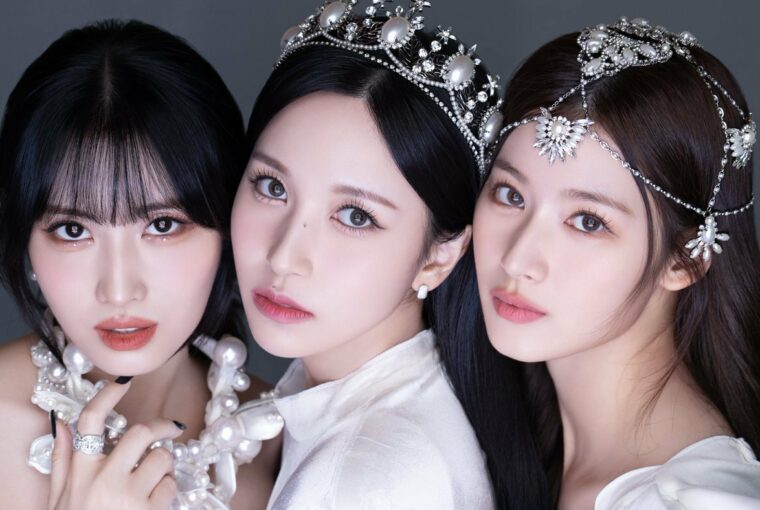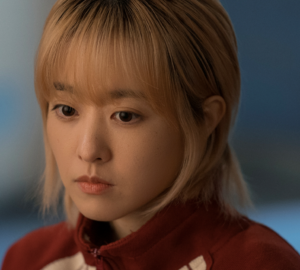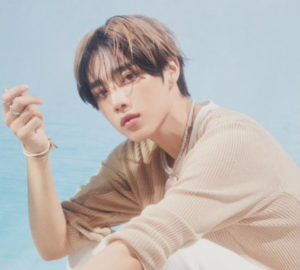K-Pop, or Korean pop music, has gained worldwide popularity in recent years, becoming a cultural phenomenon. The genre is known for its high-energy dance routines, catchy melodies, and stunning visuals. However, K-Pop is also infamous for its strict and unrealistic beauty standards, which place immense pressure on the performers. This article will examine the role of beauty standards in K-Pop and the impact they have on the artists.
Beauty standards in K-Pop are highly influential, with the industry promoting a specific ideal of physical appearance. This standard is based on a combination of Korean, Western, and Japanese cultural norms, and emphasizes a particular body type, facial features, and skin color. The standard is perpetuated through media and advertising, with many K-Pop stars appearing in commercials and advertisements. This has led to the creation of a pervasive beauty culture in South Korea, where the pressure to conform to these standards is immense.
The impact of these beauty standards is far-reaching, affecting not only the K-Pop stars but also their fans. For the performers, the pressure to conform to these standards is intense, and many go to extreme lengths to achieve the desired look. This can include undergoing plastic surgery, using skin lightening products, and following strict diets and exercise routines. These practices can have serious physical and psychological effects on the performers, including depression, anxiety, and body dysmorphia.
In her new cosmopolitan interview, #HyunA mentioned rookie girl group New Jeans when asked what she would tell her 15 year old self, watching them reminds her of herself & worries back then so she hopes they will eat well and take care of themselves#NewJeans #현아 @Cosmopolitan pic.twitter.com/5MvB8tC56E
— hyuna source (@hyunasource) February 23, 2023
The beauty standards also have a significant impact on the fans of K-Pop. Many young fans, especially those in Asia, look up to the K-Pop stars as role models, and may feel pressure to emulate their appearance. This can lead to negative body image and self-esteem issues, as well as a distorted view of beauty and self-worth. The beauty standards can also contribute to a culture of bullying and harassment, as fans and others judge each other based on their physical appearance.
Despite the negative effects of beauty standards in K-Pop, some argue that they are necessary for the success of the genre. Many fans and industry insiders believe that the visuals are an important aspect of K-Pop, and that the performers must maintain a certain level of physical attractiveness to be successful. This view is reflected in the intense scrutiny and criticism that K-Pop stars face, with their appearance being constantly evaluated and criticized by fans and the media.
omg it all makes sense “set me free” from the beauty standard, from the constant you need to look pretty standard we have created, always breaking kpop rules that’s twice pic.twitter.com/BjZpFnlo0F
— j o n ⁹ (@chae4president) March 5, 2023
However, there are signs that the industry is starting to change. In recent years, there has been a growing movement to challenge the beauty standards and promote body positivity. Some K-Pop stars have spoken out against the pressure to conform to these standards, and many fans are pushing back against the culture of bullying and harassment. This has led to a shift in attitudes towards beauty and self-worth, with a growing emphasis on embracing individuality and celebrating diversity.
It is crucial to recognize the damaging effects of strict beauty standards and to promote a more positive and diverse representation of beauty in all forms of media and entertainment. This includes not only K-Pop, but also other industries that perpetuate unrealistic and harmful beauty standards. By encouraging people to embrace their individuality and celebrate diversity, we can create a more accepting and inclusive society where everyone feels valued and confident in their own skin.
In conclusion, the role of beauty standards in K-Pop is complex and far-reaching. While the industry has promoted a specific ideal of physical appearance for years, there is a growing movement to challenge these standards and promote body positivity. The future of K-Pop will depend on how the industry addresses these issues and moves towards a more inclusive and diverse approach to beauty. By recognizing the harmful effects of strict beauty standards and promoting a more positive representation of beauty, we can create a better and more accepting world for all.
Featured Image: Twice Official Twitter

